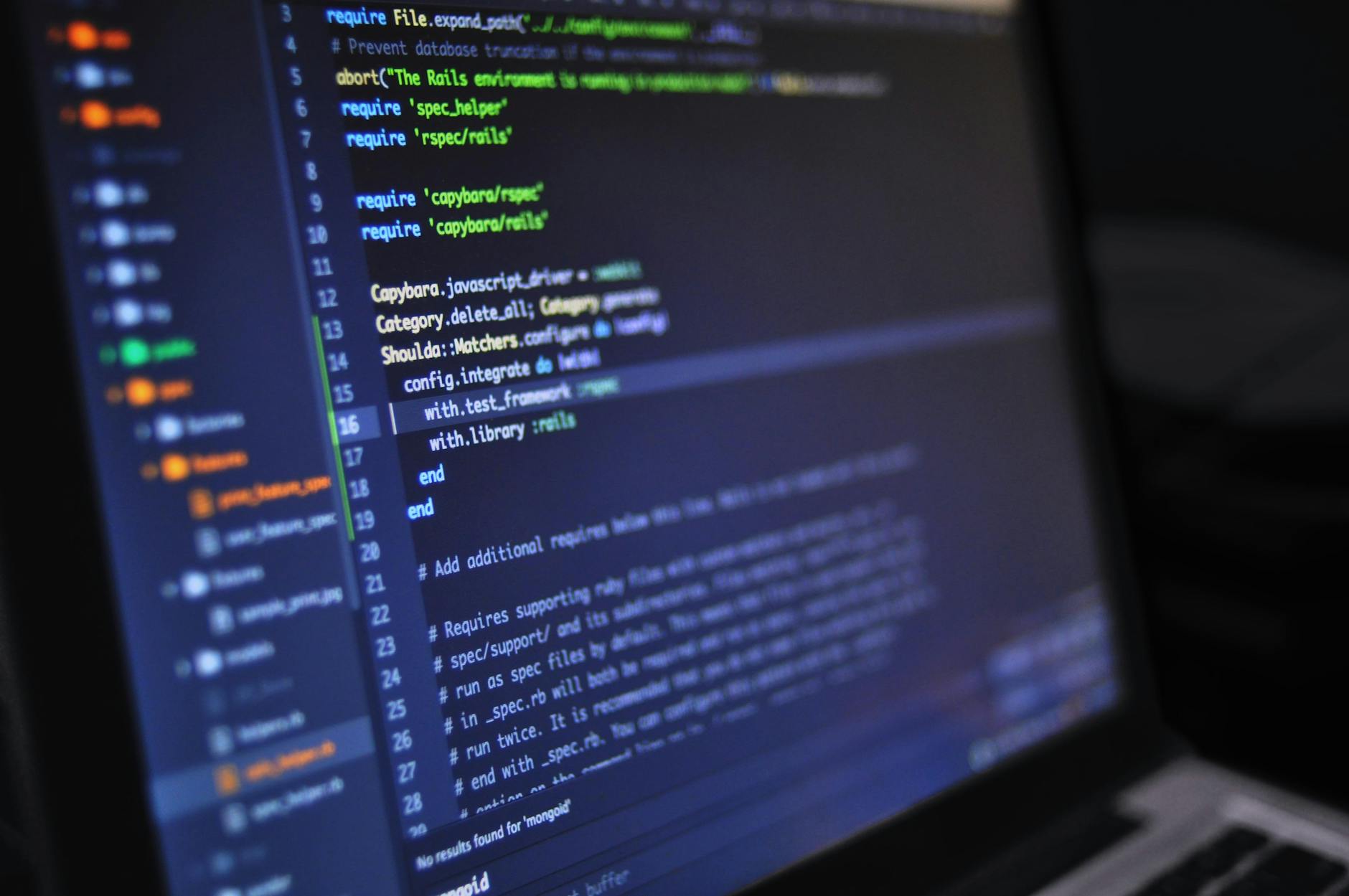Photo by luis gomes on Pexels
Instead of viewing artificial intelligence as an exceptional technology demanding extraordinary controls, Princeton researchers Arvind Narayanan and Sayash Kapoor propose a more pragmatic approach: understanding AI as a general-purpose technology akin to electricity or the internet. In a recent essay, they argue against the prevailing narrative of “superintelligence” and its associated anxieties, cautioning that such perspectives can lead to exaggerated expectations and misdirected policy efforts. Kapoor emphasizes the importance of considering the often-overlooked adoption process of new technologies, highlighting the discrepancy between rapid advancements and the slower integration into real-world applications.
The researchers contend that the concept of “superintelligence” is speculative and lacks coherence. They forecast that AI will not supplant human labor entirely but will instead create new roles focused on monitoring and managing AI systems. Furthermore, they underscore the potential for AI to exacerbate existing societal challenges, including inequality, labor market instability, and threats to democratic processes. Narayanan characterizes AI as a catalyst for capitalism, capable of both amplifying and mitigating prevailing issues.
While acknowledging the challenges of analyzing classified data, the researchers indirectly address the military implications of AI by suggesting that treating AI as a normal technology necessitates downplaying the narrative of an AI arms race. Narayanan argues that the knowledge base required to develop advanced AI models is already globally dispersed, making the maintenance of secrecy increasingly difficult.
Instead of fixating on dystopian scenarios, Narayanan and Kapoor advocate for policies that fortify democratic institutions, enhance technical expertise within government, improve AI literacy among the public, and promote proactive AI defense strategies. These practical measures, while less dramatic than concerns about superintelligence, offer a more realistic and effective path toward responsible AI integration within society.
